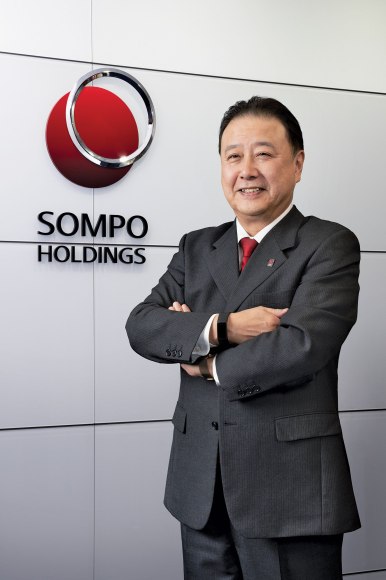The Fourth Industrial Revolution is transforming the way we see our world. It brings both big opportunities and big challenges, as AI may catch up with human brains, which will completely redefine the future. It is a moment of unprecedented disruption and extraordinary innovation, in which the most important thing to ask ourselves is, What kind of society do we want to build, and what kind of happiness do we want to achieve?
In this sense, technology represents both the bright and dark sides of our potential future. It is a source of human progress that can free us to be more productive, strengthen our economies and align our global interests. Or, through our failure to distribute and share it properly, technology can further expand the disparity of wealth between the haves and the have-nots, contributing to the rise of populism and serving as a source for the recent trade conflicts. In times such as these, wisdom may be more important than intelligence, since intelligence only serves to enrich part of the population, while wisdom is as diverse as human experience.
When I was thinking of the type of wisdom that would be most relevant to this issue of TIME, I was reminded of the traditional value system of my mother country, Japan. In the ancient Japanese regime, samurais belonged to the traditional ruling class. They were educated to focus on pursuing the “common good” of the society, not their individual interests. Unlike merchants, they did not try to exploit working-class people for their own gain. Rather, samurais devoted themselves to a life of poverty, while merchants were comparatively wealthy. The social and economic balance provided by the samurais allowed the sovereign to implement a more sustainable social regime, dividing power and wealth more evenly between the classes. To me, this traditional value system seems to characterize the present state of Japanese society, which has the least disparity of wealth among the OECD countries—the upper 20% earns only 3.4 times the income of the lower 20%, according to the book The Spirit Level, which examines why greater equality strengthens societies.
This kind of Japanese social approach can be a practical reminder of how important it is to shape a society that addresses the “dark side” of disruption and ensures that during a period of enormous change, no one is left behind.
On the other side of the coin, the Japanese tend to immediately criticize any form of confrontation or challenges to our own competitive gaps. However, not all competitive challenges should be considered as “bad.” Often apparent gaps or inconsistencies are intentional, and in those gaps we discover opportunities to learn and innovate and to embrace healthy competition. This newfound competitiveness comes from appreciating difference rather than continuity and challenging the past, especially in an era of VUCA—or Volatility, Uncertainty, Complexity and Ambiguity—in which we cannot predict what will happen next and one could be disrupted tomorrow. Business leaders should be willing to transform themselves and their companies.
Originating as a property and casualty insurance company, Sompo Holdings is now transforming itself into a diverse business group. We like to think of this broader vision in terms of a “theme park”–like approach that transcends socioeconomic divides and creates a shared cultural experience. For us this means providing a universal service aligned with a philosophy of pursuing safety, security and well-being—for everyone, leaving no one behind.

